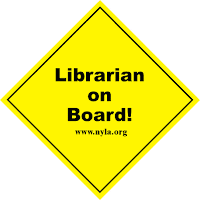Surveys show that course handouts for research related assignments focused mostly on length, citation guidelines and marking rubric, which provided a criteria for assessing the assignment. What was typically missing from this information was the "context for the research topic."
Almost all handouts lacked specific information on where to start, where to focus the information search and how to access a variety of credible information sources. These key research behaviours and skills development are not common in undergraduate courses. In conversations with academics, the response was that they assumed the student already had these skills, thought they had been developed or included in other courses, or the student knew where to go for help.
Reference to where to begin, where to look and what to look for, including a list of the key authors in the field (4 or 5), would provide an adequate framework for student research assignments. This is a necessary component for instructors to include in assignment explanations to help students design their response to a research paper or other related assignments. Accoirdingly, this approach helps in a number of ways.
- Reinforces the role of librarians and libraries in academic research.
- Illustrates how research should be conducted ethically and strategically.
- Encourages students to consider more rigorous, credible information sources rather than relying on convenient sources found on Google or other search engines.
Such an approach can:
- Faciliate discipline specific resources, drawn from library databases, catalogues of books, journals and related media, govenment resources, subject portals, online encyclopedias, that direct the student to high-quality resources, including those found on the Internet.
- Identify places to start the search for resources that are useful and appropraite for the assignment, allowing the student to narrow the focus of the search, shorten of the time looking for information and to reallocate more time for synthesising research information into a coherent argument that directly addresses the assignment topic and fullfils the requirements of the paper or presentation.

No comments:
Post a Comment